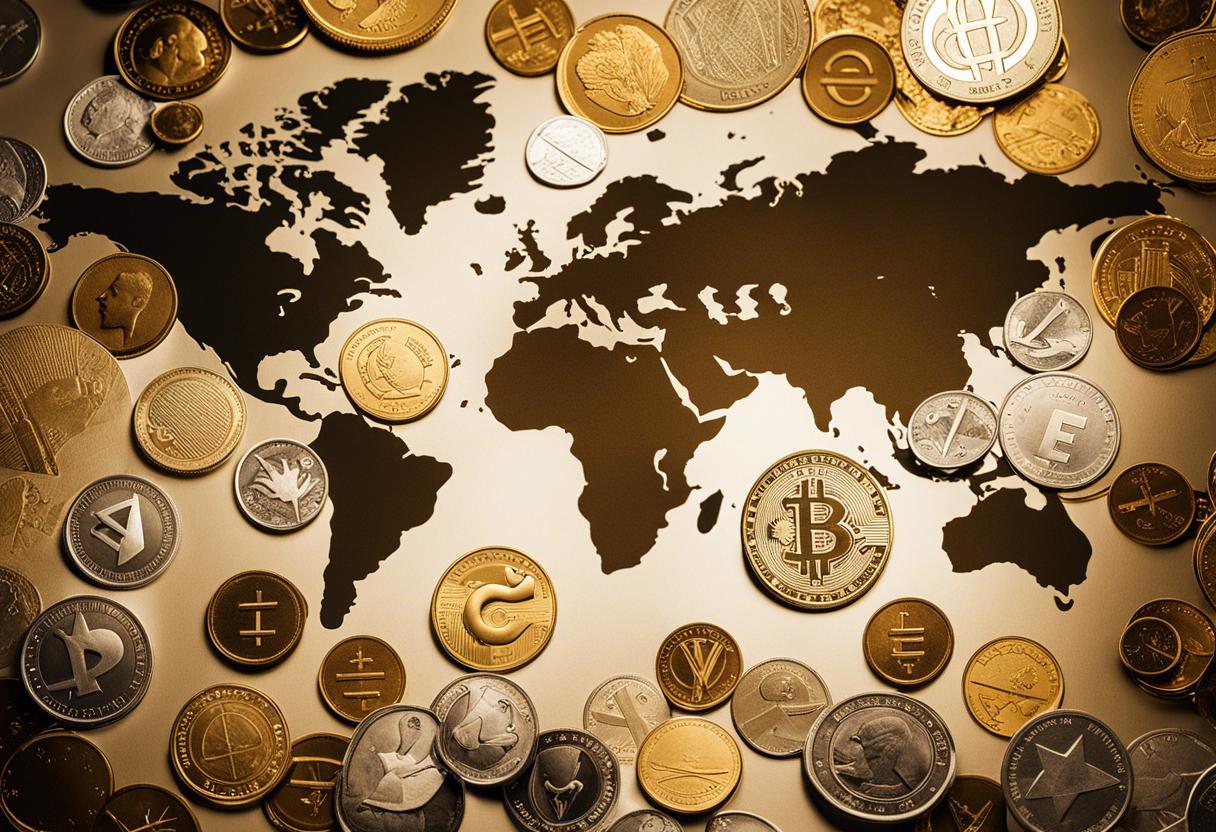Kristalina Georgieva, the current head of the International Monetary Fund (IMF), has successfully secured her position for a second term, a role that was widely predicted to go to Paschal Donohoe, the Minister for Public Expenditure. Georgieva was the only nominee put forward for the position of managing director and is set to begin her subsequent five-year stint in October 2024, as confirmed by the IMF’s executive board.
Despite considerable conjecture that Donohoe, who also presides over the Eurogroup assembly of EU finance ministers, was primed to succeed her, Georgieva has managed to maintain her position. A native of Bulgaria, she served as the managing director of the IMF since 2019, and her leadership style has been described as forceful and supple by the board. She’s received particular praise for guiding the organization through several significant global events.
Rumours concerning Donohoe’s potential as Georgieva’s successor began circulating after Bloomberg, a financial news service, hinted towards his candidacy in December, following the end of Georgieva’s term. However, Donohoe reaffirmed his dedication to Irish and European politics multiple times.
But he never unambiguously dismissed the idea of stepping into the role, leaving the door open to intrigue until only recently. Last month, in a statement made in Brussels, he clearly outlined his focus on his present work, expressing doubt that there’d be a foreseeable vacancy for the IMF lead role.
On her reappointment, Georgieva expressed her deep gratitude for the board’s faith and encouragement in her. She highlighted the IMF’s crucial role in assisting member nations through multiple crises like wars, pandemics, and financial issues. She also emphasised on the institute’s contribution to climate change and digital revolutions, crucial factors affecting the global economy and job scenario.
Georgieva further added that the IMF’s policies and work had aided nations in managing volatility and sudden shifts in the economy. She ensured that the organization would persist in promoting good policies and be a more efficient, in-depth and accommodating platform to help nations navigate global issues.

